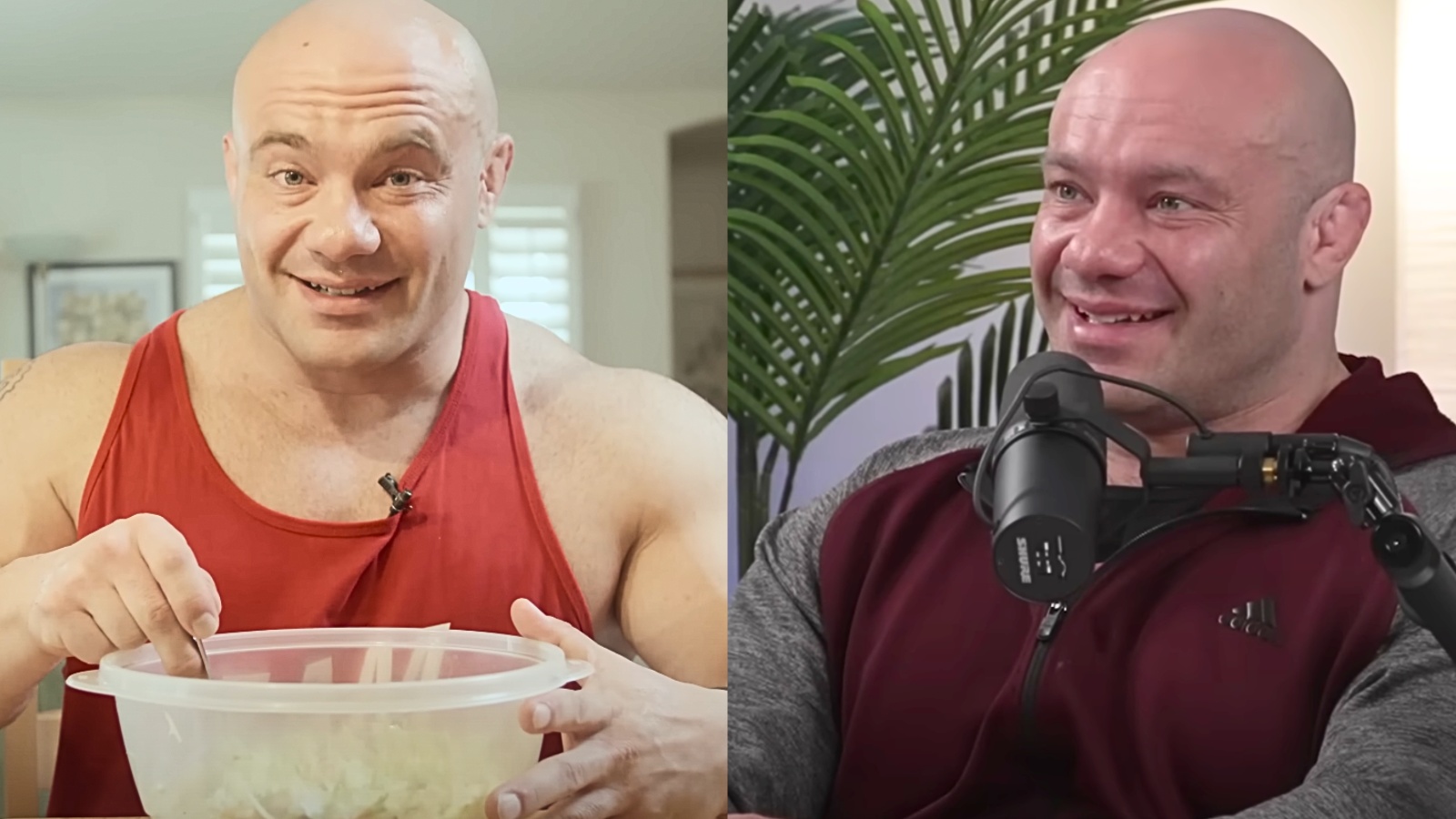Exercise scientist Dr. Mike Israetel is a pillar of knowledge for the fitness and bodybuilding community, offering wisdom into optimizing an active lifestyle. In a recent offering on YouTube, Dr. Israetel broke down how to build muscle on a calorie deficit with protein and resistance training.
With over 1. 6 million YouTube subscribers on his Renaissance Periodization channel, Dr. Mike Israetel has earned the respect of his peers with a captivating analysis of exercise and health. From his top 10 exercises for muscle growth to his thoughts on carbs during a workout, Dr. Israetel doesn’t miss an opportunity to share his insights.
As a celebrated physiologist known for his work in exercise science, Israetel’s ability to break down complex matters into simple information makes his content highly sought after. If building muscle on a calorie deficit sits atop your to-do list, Israetel hopes his explanation allows you to reach those all-important physique goals.
Exercise Scientist Discusses How To Build Muscle on a Calorie Deficit Using Resistance Training and Protein
First and foremost, Dr. Israetel explains that there is no surefire way to avoid muscle loss in a calorie deficit, though he believes it can be mitigated.
“You can only deal in probabilities in these things because people are all very different and conditions are very different. So, unfortunately, I can’t blanket-secure anyone from the idea that they may lose muscle mass in a deficit.”
He states that if you take 100 people and put them into a calorie deficit, some will lose muscle, and some will gain a considerable amount of muscle, depending on the person.
“You get 100 people to do the same deficit, you overfeed protein for all of them, some number of them will still lose muscle. Some number of them will gain freaky amounts of muscle. Most of them, a more direct version of me answering your question, most of them will not lose appreciable muscle mass if any at all.”
To prevent skeletal muscle loss in a calorie deficit, Dr. Israetel believes adequate protein intake can have a positive and significant impact.
“If you have enough protein intake, that is absolutely a big deal to making sure that you are not losing muscle at the same time as you are fat. This is especially pertinent recently with the rise of anorectic drugs the GLP agonist, Ozempic, and things like that,” says exercise scientist Israetel.
He adds that for those who take the weight loss peptide Ozempic, high protein intake adds a ‘security blanket’ for potential muscle loss.
“A lot of people have reported that Ozempic makes them small and weak and you go okay, well how much protein are you eating, and they just say they are eating the same diet as always they say ‘I’m not as hungry I don’t eat as much.’ God dammit, didn’t anyone tell you this? High protein intake a gram per pound or so is going to add a big security blanket to the probability of muscle loss.”
In addition, resistance training plays a crucial role for those aiming to retain muscle while losing fat on a calorie deficit.
“Resistance training, lifting weights, and a lot of people who are trying to lose weight, they do not do resistance training. Look at all the people at gyms just doing cardio and then they’re leaving. People doing at-home workout DVDs, what they do is lose 50 pounds and 15 pounds of that is muscle, they look better but they also look a little skinnier, people at work are like ‘Oh my God, you look so amazing. Are you good?’ They are like what do you mean? They are like ‘You’re not sick are you?’ You’re like no goddamnit, why are people asking me that. It’s because you lost a lot of muscle and fat.”
Israetel stresses that individuals must give the muscles ‘a good reason to hang around.’ He explains that during deficit conditions, the body is looking to fuel itself, and one of the go-to spots for energy storage is skeletal muscle mass.
“You have to give the muscles a good reason to hang around. A sufficient challenge to hang around because in a deficit condition, your body is looking around for where to get food. It says hey skeletal muscle, you busy doing anything?
If it’s like not really, then give me some of your protein, and its like okay. But if it’s busy multiple times a week getting solid volume, it’s trying to grow, not enough nutrients to grow but it grows a little bit. Then, steals nutrients out of other places to grow then loses itself a little bit later in the week and grows a little bit and over time it averages out to no loss at all.”
Nutrition and health expert Stan Efferding has also taken a closer look at how to maximize gains during a calorie deficit. He specified that calorie deficits not only assist in weight loss efforts but strengthen numerous health markers.
“When they’re able to maintain a calorie deficit and lose weight, they see decreases in all of their biomarkers. They see lowered cholesterol, lower blood sugar, lower blood pressure, and weight loss itself we know is associated with decreased cancer risk. That should be the primary goal: weight loss. Obviously, those kinds of diets long-term.”
Find your weight loss calorie requirements with our calorie deficit calculator!
Backed by scientific research and studies, Dr. Mike Israetel is committed to providing fans with tools and knowledge to live better lives. He believes with enough protein and resistance training, individuals (for the most part) can effectively build muscle even during a calorie deficit.
RELATED: Exercise Scientist Discusses Daily Macros Needed For ‘Optimal’ Fat Loss









